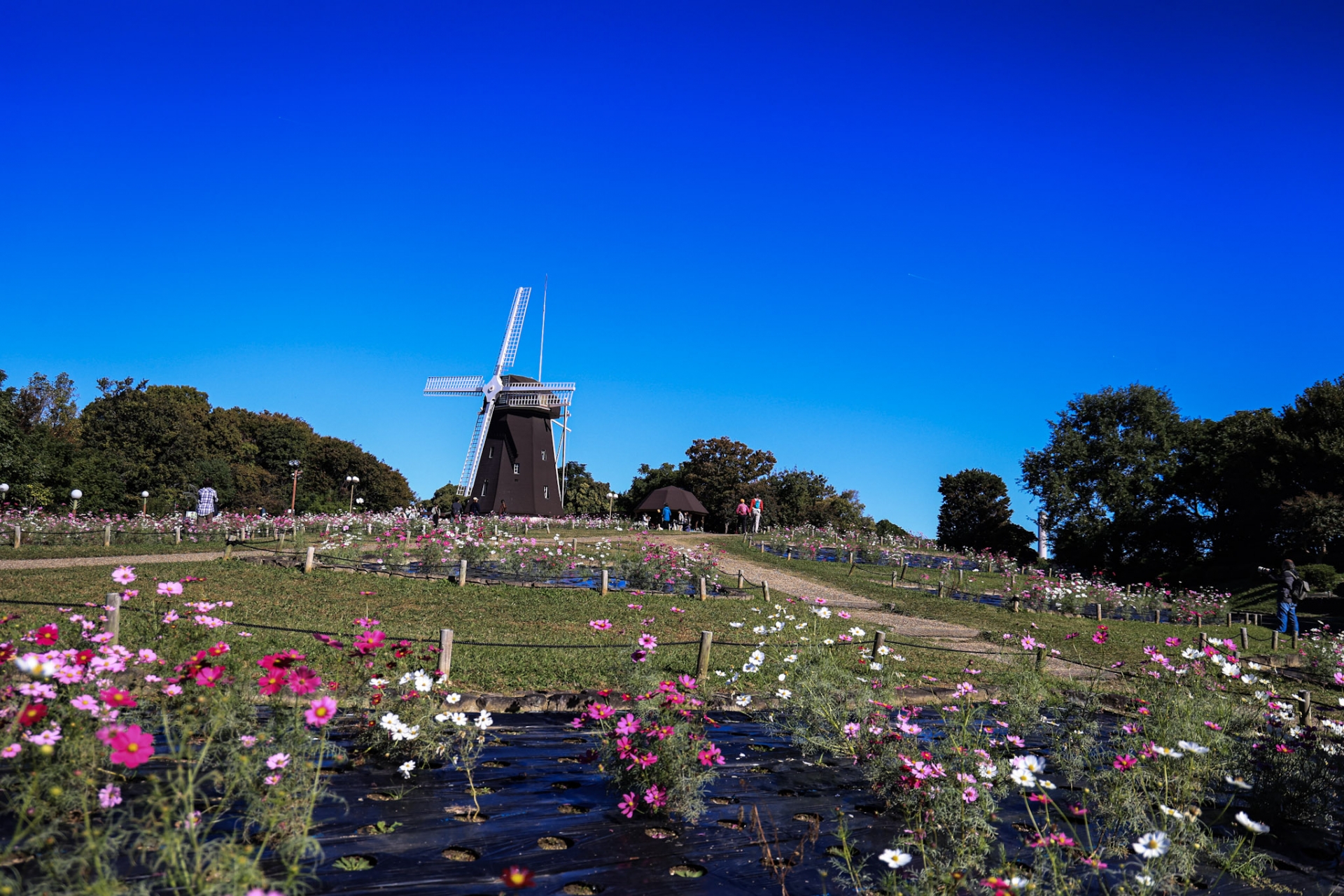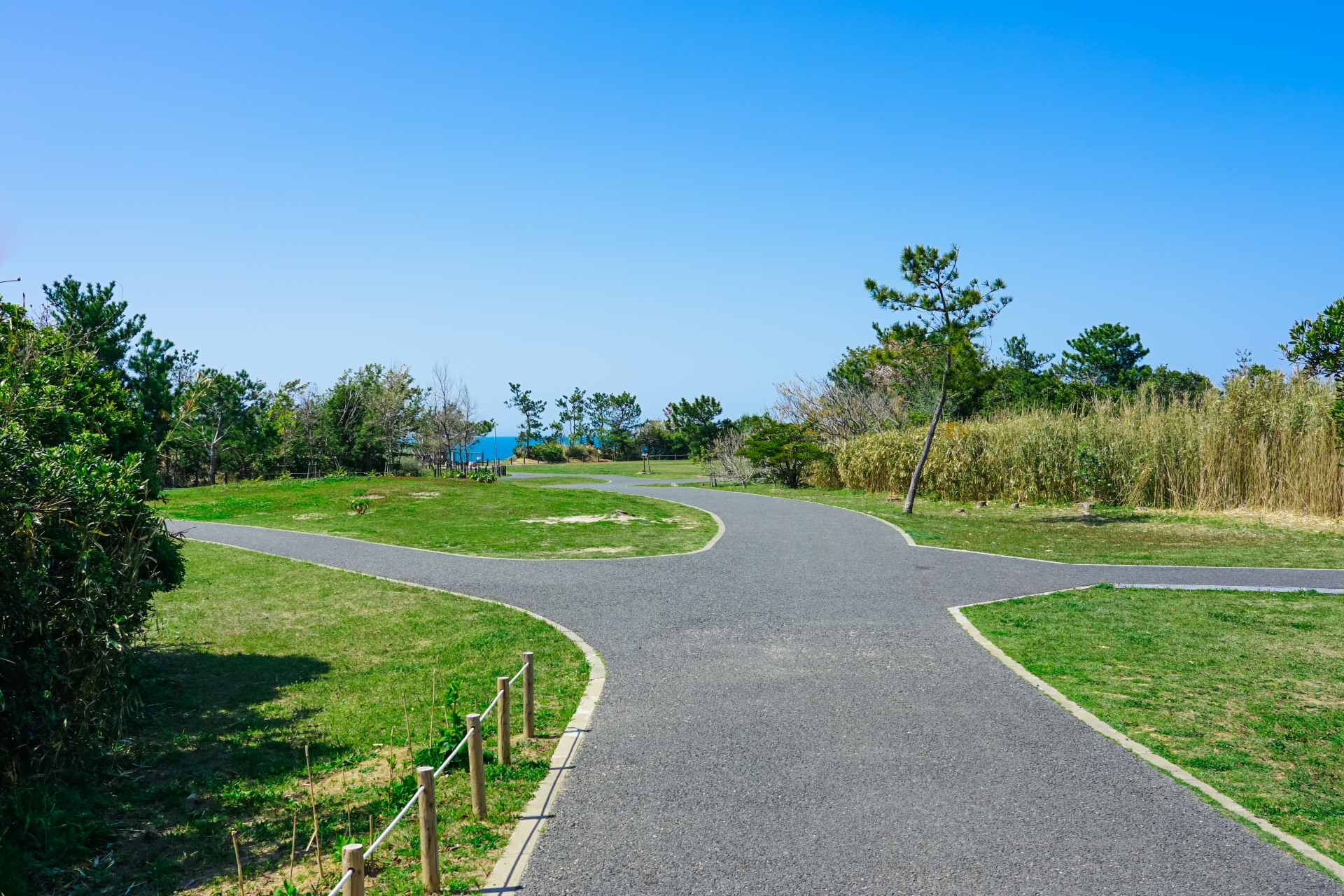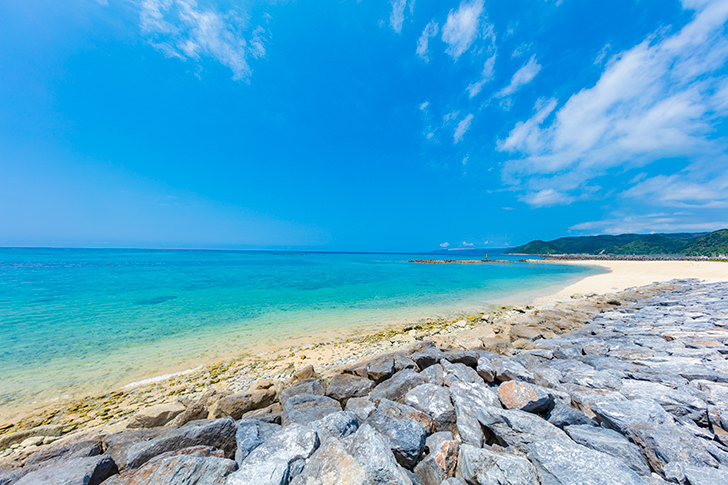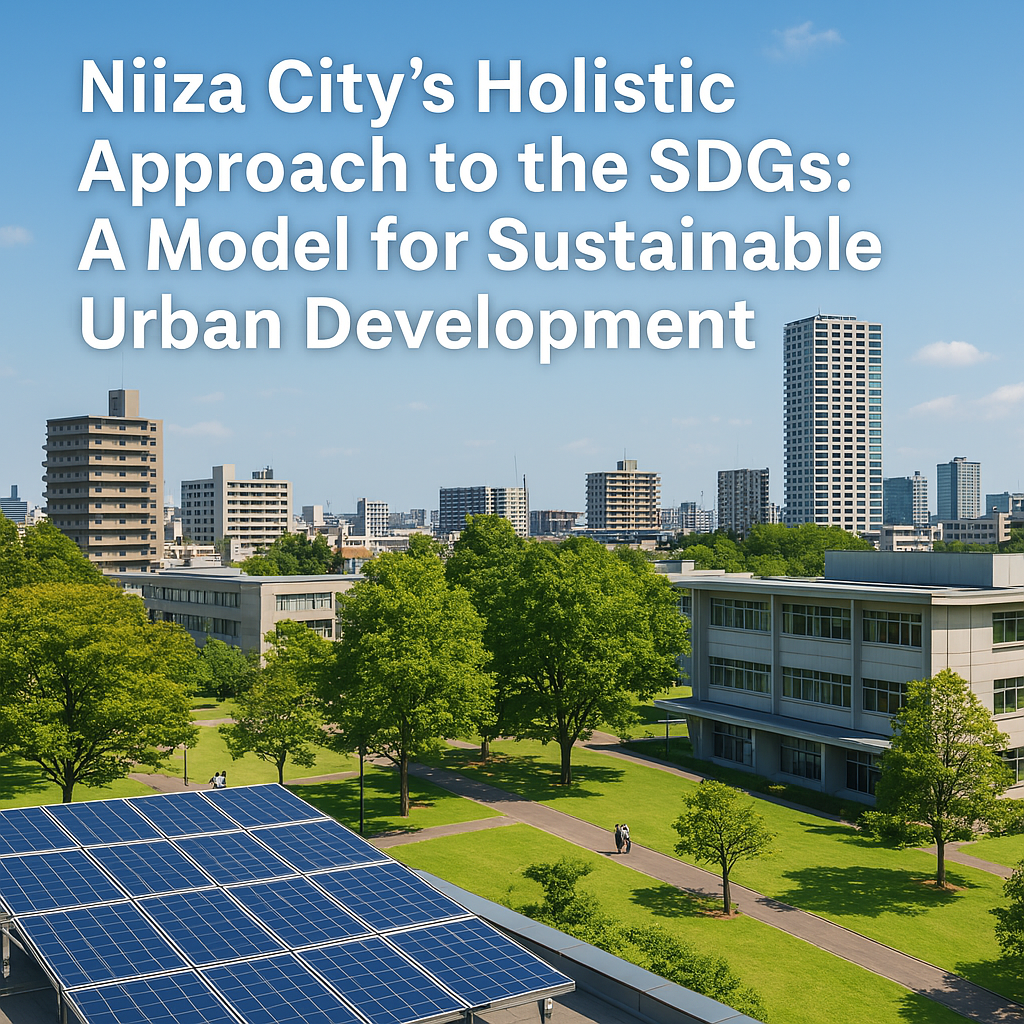Overview
Futaba Town, located in Fukushima Prefecture, was severely affected by the 2011 Great East Japan Earthquake and the Fukushima Daiichi Nuclear Disaster. As it embarks on a long-term recovery journey, the town is embracing the Sustainable Development Goals (SDGs) to create a community that is not only rebuilt but reimagined—more inclusive, environmentally sound, and future-ready.
Post-Disaster Recovery Aligned with the SDGs
Futaba’s reconstruction strategy aligns deeply with multiple SDGs, including:
- Goal 11: Sustainable Cities and Communities
- Goal 7: Affordable and Clean Energy
- Goal 3: Good Health and Well-Being
- Goal 17: Partnerships for the Goals
Resilient Infrastructure
- Rebuilding roads, utilities, and public facilities with disaster-resilient, eco-friendly design standards.
Housing and Public Services Revival
- Developing modern housing and restoring essential services like schools and hospitals to support returning residents.
Renewable Energy and Environmental Sustainability
(Goals 7, 13, 15)
Futaba Town seeks to become a symbol of clean energy innovation and ecological recovery.
Clean Energy Projects
- Developing solar power farms and conducting research into hydrogen energy solutions.
Environmental Decontamination
- Performing soil and forest cleanup to ensure safety and restore public trust in the natural environment.
Forest Regeneration and Biodiversity
- Launching reforestation programs and protecting wildlife habitats affected by the nuclear disaster.
Inclusive Community Building
(Goals 1, 3, 4, 5, 10)
Futaba’s redevelopment efforts prioritize social inclusion and well-being for all generations and backgrounds.
Healthcare Access
- Establishing mobile clinics, remote medical services, and partnerships with nearby municipalities.
Education and Youth Support
- Providing SDG-based education programs for local youth and displaced families.
Equity and Participation
- Promoting the active involvement of women, the elderly, and vulnerable groups in civic planning.
Returnee and New Resident Support
- Offering financial aid, counseling, and job opportunities to both returnees and new community members.
Economic Revitalization and Innovation
(Goals 8, 9, 12)
Economic transformation is central to Futaba’s vision of long-term sustainability.
Green Innovation Hub
- Establishing the Futaba Business Incubation Center to foster clean tech startups and renewable energy ventures.
Safe Agriculture and Local Industry
- Promoting safe farming practices and branding “Made in Futaba” products with a focus on food traceability.
Circular Economy Initiatives
- Encouraging waste-to-resource systems and sustainable procurement throughout the reconstruction process.
Citizen Participation and Global Partnerships
(Goal 17)
Futaba’s recovery is rooted in community co-creation and international collaboration.
Community Engagement
- Hosting regular SDG workshops, town halls, and feedback sessions for residents and displaced citizens.
International Collaboration
- Partnering with global NGOs and organizations to position Futaba as a living case study in SDG-aligned post-disaster recovery.
Empowering the Next Generation
- Engaging youth in SDG education to foster future leaders in resilience and sustainability.
Monitoring Progress and Building a Sustainable Vision
Futaba has established key performance indicators and monitoring systems to track SDG achievement. Annual progress reports and public dashboards are used to ensure transparency and refine strategies over time.
Conclusion
Futaba Town stands as a powerful example of how a devastated community can rebuild not just stronger, but smarter. Through innovation, inclusiveness, and environmental consciousness, Futaba is redefining what sustainable recovery can look like in a post-disaster world.

.png)




Leave a Reply